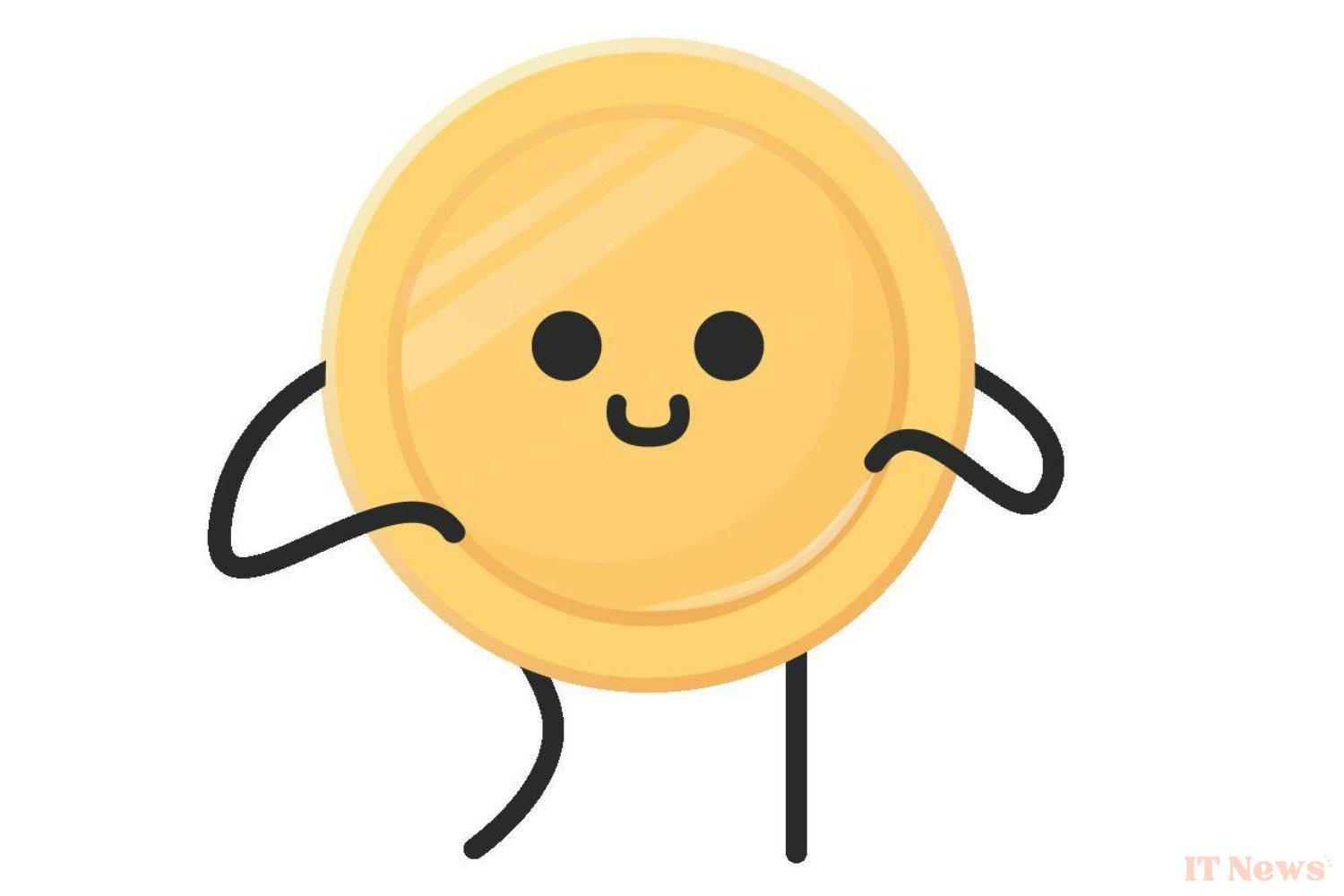Operated by PayPal since its acquisition in 2020, the Honey browser extension is supposed to help Internet users automatically find and use the most interesting discount coupons. The principle, which is based on searching for valid coupons at the time of payment, has attracted many consumers.
Honey and the bees
PayPal, which rakes in lucrative commissions on transactions made through Honey, has multiplied partnership contracts with the biggest content creators on YouTube. The latter were supposed to invite their subscribers to install the extension. But the can of worms was revealed last December: the channel MegaLag denounced, with supporting evidence, that Honey diverts affiliate revenue from influencers, including those who promoted it!
The extension uses an affiliate link replacement mechanism, allowing it to intercept the transaction at the time of payment and, above all, to pocket the entire commission. To the detriment of the content creator... Furthermore, Honey is also accused deliberately ignoring better deals for the benefit of its business partners.
Since then, aggrieved influencers have denounced these practices, like Marques Brownlee. PayPal has simply assured that Honey complies with industry rules and helps merchants improve their sales.
Google, which was drawn into the controversy despite itself — Chrome, after all, is a browser extension, responded yesterday by updating its policy on affiliate ads. The search engine now prohibits extensions from replacing affiliate links unless adding affiliate links provides a direct and transparent benefit to the user. It is therefore prohibited to inject links without any action on the part of the Internet user or tangible benefit.
This does not put an end to the replacement of affiliate links, but the user must be aware of this and give their permission.



0 Comments